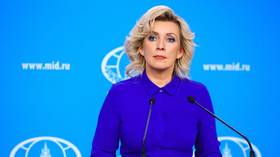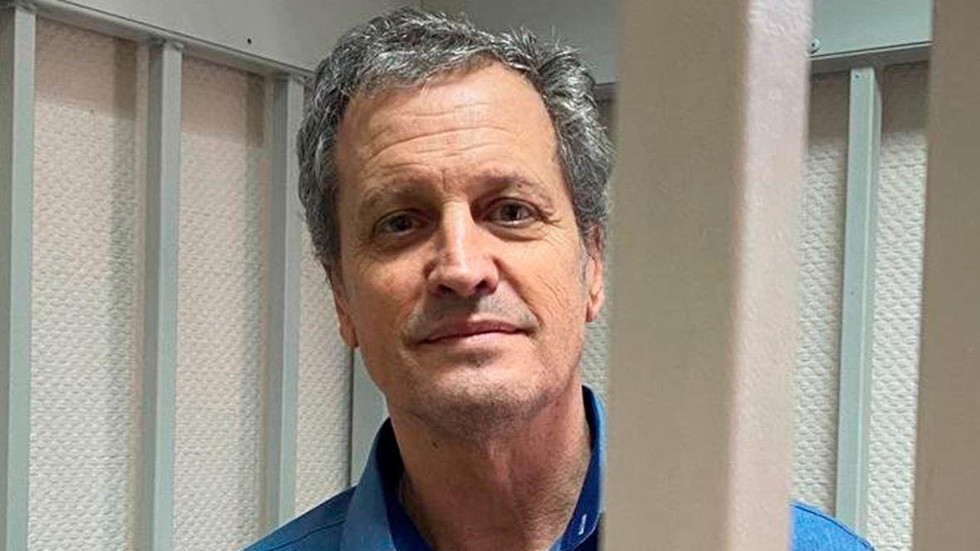Washington would, however, need to significantly shift its position on arms control to renew negotiations, according to Dmitry Polyansky
The US and Russia could restart substantive discussions on nuclear arms reduction if Washington adopts a broader shift in its stance, Dmitry Polyansky, Moscow’s deputy ambassador to the UN, told TASS on Tuesday. The last binding bilateral treaty addressing the issue is set to expire next year.
Polyansky commented on the Russian delegation’s expectations from the incoming US envoy to the UN, Elise Stefanik, whose nomination was advanced by the Senate in January. The diplomat noted that expert contacts between the US and Russia had not stopped at the UN Security Council level, but that discussions on critical issues, including nuclear weapons, remain challenging.
“We have never shied away from such talks, but they should encompass the entirety of our complex relationship with the US, which is, to put it mildly, not in great shape,” Polyansky remarked. He added that the US has been aiming for a “selective approach” that focuses only on topics of American interest.
“Arms control is one of the most pressing matters since the Americans have spent years dismantling the relevant legal framework. Restoring it will be difficult, but we are open to doing so, provided there are broader negotiations that adequately address our concerns,” Polyansky asserted.
Russian officials previously expressed cautious optimism regarding Donald Trump’s second presidency, responding to his stated intention to swiftly resolve the Ukraine conflict. However, his policies during his first term from 2017 to 2021 suggest limited prospects for progress on the strategic balance with Russia.
The first Trump administration pulled out of the 1987 Intermediate-Range Nuclear Forces (INF) Treaty with Russia and ceased US participation in the multilateral 2002 Treaty on Open Skies, leading Moscow to withdraw as well. The New START treaty, which limits the nuclear arsenals of both nations and was last extended under President Joe Biden, is scheduled to expire next February.
Polyansky suggested a change in Washington’s stance is crucial to resolving various issues in the strained bilateral relationship, including visa restrictions and travel bans impacting Russian diplomats in New York. Moscow has accused the US of neglecting its obligations as host of the UN headquarters in enforcing the measures.

 3 hours ago
3
3 hours ago
3








